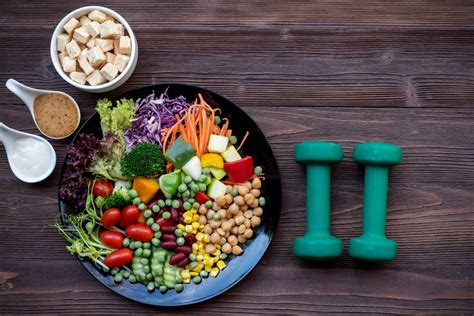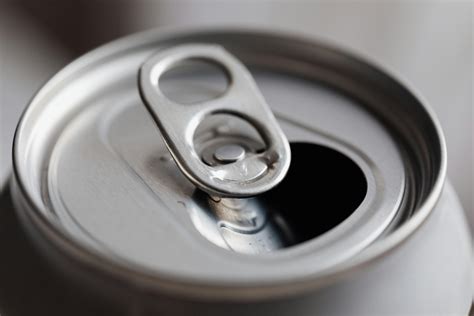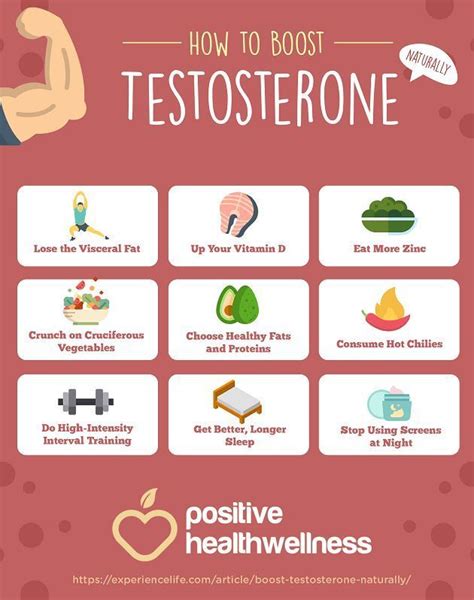Understanding Testosterone and Its Importance
Testosterone, the primary male sex hormone, plays a crucial role in men’s health, influencing everything from muscle mass and bone density to mood and libido. While testosterone levels naturally decline with age, certain diet and lifestyle choices can significantly impact its production. Focusing on natural methods offers a sustainable and holistic approach to optimizing this vital hormone without resorting to synthetic interventions.

Dietary Powerhouses for Testosterone Production
Your plate is a powerful tool in supporting healthy testosterone levels. Certain nutrients are direct precursors or catalysts for hormone synthesis.
Prioritize Zinc and Vitamin D
- Zinc: This essential mineral is critical for testosterone production. Rich sources include oysters, red meat, poultry, beans, nuts, and whole grains. Even a mild zinc deficiency can lead to reduced testosterone.
- Vitamin D: Often called the ‘sunshine vitamin,’ Vitamin D functions as a steroid hormone in the body and is strongly linked to testosterone levels. Increase your intake through fatty fish (salmon, mackerel), fortified foods, and responsible sun exposure.
Embrace Healthy Fats
Contrary to outdated advice, healthy fats are fundamental for hormone production. Cholesterol, a type of fat, is a building block for testosterone.
- Monounsaturated Fats: Found in avocados, olive oil, and nuts.
- Omega-3 Fatty Acids: Abundant in fatty fish, flaxseeds, and chia seeds. These fats support overall cellular health and reduce inflammation, which can indirectly benefit hormone balance.

Limit Detrimental Foods and Substances
- Excess Sugar and Processed Foods: High sugar intake can lead to insulin resistance and increased body fat, both of which can negatively impact testosterone.
- Excessive Alcohol: Chronic heavy alcohol consumption can directly interfere with the testes’ ability to produce testosterone and can increase estrogen levels.
- Phytoestrogens: While generally healthy in moderation, some studies suggest very high intake of certain soy products might have a mild estrogenic effect, though more research is needed for definitive conclusions regarding testosterone.
Lifestyle Pillars for Optimal Testosterone
Diet is only one piece of the puzzle. Your daily habits significantly influence your hormonal landscape.
Incorporate Strength Training and High-Intensity Interval Training (HIIT)
Regular exercise, particularly resistance training and short bursts of intense activity, has been shown to boost testosterone levels. Focus on compound movements (squats, deadlifts, bench press) that engage multiple muscle groups. HIIT also creates a significant hormonal response.

Prioritize Quality Sleep
Most of your testosterone is produced while you sleep. Chronic sleep deprivation (less than 7-9 hours per night) can dramatically reduce testosterone levels. Aim for consistent, restorative sleep by creating a dark, quiet, and cool sleep environment, and sticking to a regular sleep schedule.
Manage Stress Effectively
Chronic stress elevates cortisol, a hormone that directly competes with testosterone. When cortisol levels are high, testosterone production can decline. Incorporate stress-reducing activities like meditation, yoga, deep breathing exercises, spending time in nature, or engaging in hobbies.

Maintain a Healthy Body Weight
Obesity, especially excess abdominal fat, is strongly linked to lower testosterone levels. Fat cells (adipose tissue) convert testosterone into estrogen, further exacerbating the issue. Losing weight through a combination of diet and exercise can significantly improve testosterone levels.
Get Adequate Sunlight Exposure
As mentioned with Vitamin D, natural sunlight exposure is critical. Aim for 10-30 minutes of direct sun exposure most days, depending on your skin type and location, to help your body naturally synthesize Vitamin D, which in turn supports testosterone.

Conclusion
Boosting testosterone naturally is a holistic endeavor that requires consistent effort across diet and lifestyle domains. By consciously incorporating zinc and Vitamin D-rich foods, healthy fats, regular strength training, adequate sleep, and effective stress management, men can significantly support their body’s natural testosterone production. These changes not only optimize hormone levels but also contribute to overall vitality, energy, and long-term health and well-being.




